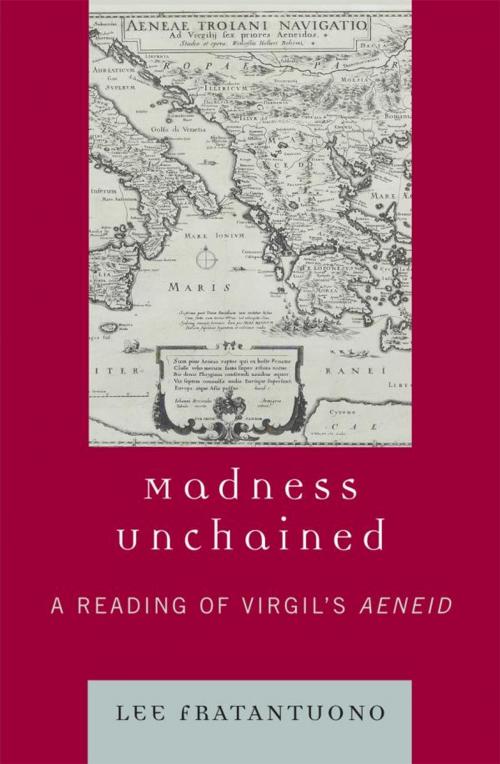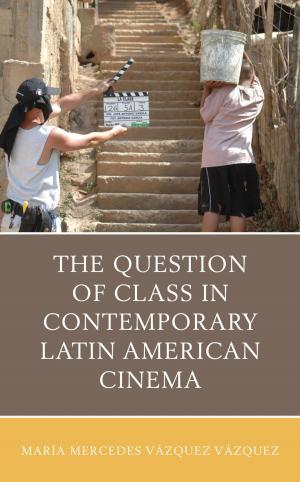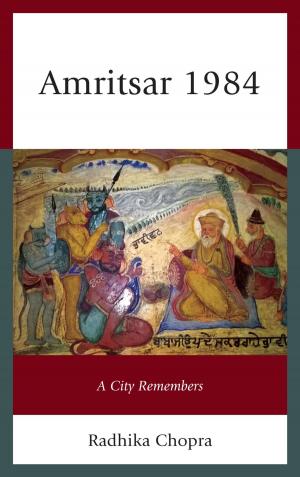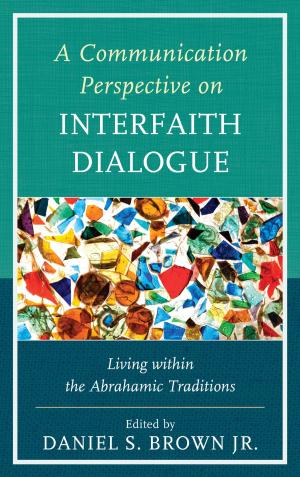Madness Unchained
A Reading of Virgil's Aeneid
Fiction & Literature, Literary Theory & Criticism, Reference| Author: | Lee Fratantuono | ISBN: | 9780739157411 |
| Publisher: | Lexington Books | Publication: | June 7, 2007 |
| Imprint: | Lexington Books | Language: | English |
| Author: | Lee Fratantuono |
| ISBN: | 9780739157411 |
| Publisher: | Lexington Books |
| Publication: | June 7, 2007 |
| Imprint: | Lexington Books |
| Language: | English |
Madness Unchained is a comprehensive introduction to and study of Virgil's Aeneid. The book moves through Virgil's epic scene by scene and offers a detailed explication of not only all the major (and many minor) difficulties of interpretation, but also provides a cohesive argument that explores Virgil's point in writing this epic of Roman mythology and Augustan propaganda: the role of fury or madness in Rome's national identity. There have been other books that have attempted to present a complete guide to the Aeneid, but this is the first to address every episode in the poem, omitting nothing, and aiming itself at an audience that ranges from the Advanced Placement Virgil student in secondary school to the professional Virgilian and everyone in-between, both Latinists and the Latin-less. Individual chapters correspond to the books of the poem; unlike some volumes that prejudice the reader's interpretation of the work by rearranging the order of episodes in order to influence their impact on the audience, this book moves in the order Virgil intended, and also gives rather fuller exposition to the second half of the poem, Virgil's self-proclaimed 'greater work' (maius opus).
Madness Unchained is a comprehensive introduction to and study of Virgil's Aeneid. The book moves through Virgil's epic scene by scene and offers a detailed explication of not only all the major (and many minor) difficulties of interpretation, but also provides a cohesive argument that explores Virgil's point in writing this epic of Roman mythology and Augustan propaganda: the role of fury or madness in Rome's national identity. There have been other books that have attempted to present a complete guide to the Aeneid, but this is the first to address every episode in the poem, omitting nothing, and aiming itself at an audience that ranges from the Advanced Placement Virgil student in secondary school to the professional Virgilian and everyone in-between, both Latinists and the Latin-less. Individual chapters correspond to the books of the poem; unlike some volumes that prejudice the reader's interpretation of the work by rearranging the order of episodes in order to influence their impact on the audience, this book moves in the order Virgil intended, and also gives rather fuller exposition to the second half of the poem, Virgil's self-proclaimed 'greater work' (maius opus).















